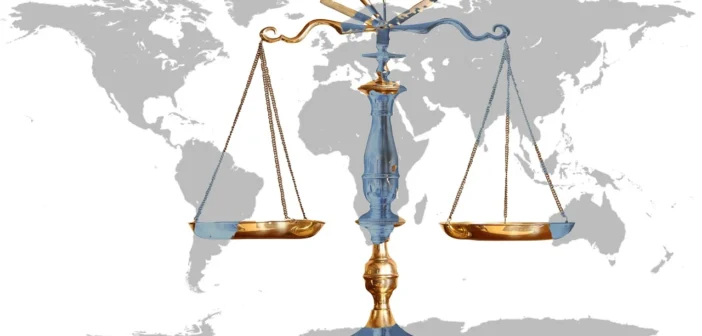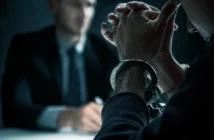photo:https://pixabay.com/
This section introduces the idea of identifying the best criminal lawyer, acknowledging the subjective nature of the question. It emphasizes that the “best” lawyer depends on the context, jurisdiction, and specific legal needs of the client.
Defining Excellence: Traits of a Top Criminal Lawyer
Explore the core characteristics that distinguish a great criminal lawyer:
- Exceptional knowledge of criminal law and procedures.
- Strong analytical and strategic thinking.
- Effective communication and persuasive skills in court.
- A high success rate in winning cases or securing favorable outcomes.
- Ethical conduct and client-focused advocacy.
Regional or Global Expertise: Best Lawyers in Specific Jurisdictions
Discuss top criminal lawyers by region or country, considering differences in legal systems:
- Highlight prominent names in the U.S., UK, and other countries.
- Explain how jurisdictional expertise matters, as laws and procedures vary widely.
- Include lawyers known for high-profile or precedent-setting cases.
Famous Criminal Lawyers in History
Dive into historical figures whose contributions shaped criminal law:
- Clarence Darrow – Known for defending controversial cases, including the Scopes Trial.
- Thurgood Marshall – A pioneering lawyer who later became a U.S. Supreme Court justice.
- Ram Jethmalani – Renowned Indian criminal lawyer with a sharp legal acumen.
- Their landmark cases, philosophies, and legacies.
Top Criminal Lawyers Today: What Sets Them Apart
Feature modern-day criminal lawyers who are considered top-tier:
- Highlight their notable achievements and groundbreaking cases.
- Analyze their specialties, such as white-collar crime, murder defense, or civil rights advocacy.
- Discuss how technology and evolving legal challenges shape their practices.
How to Choose the Best Criminal Lawyer for Your Case
Offer practical advice for selecting the right lawyer:
- Research their track record and client reviews.
- Consider their specialization relative to the charges faced.
- Evaluate communication, transparency, and cost-effectiveness.
- Emphasize the importance of a personal connection and trust between lawyer and client.


